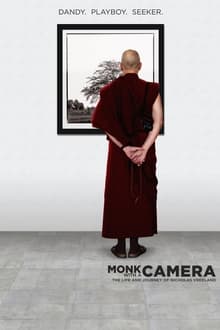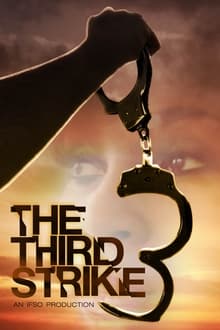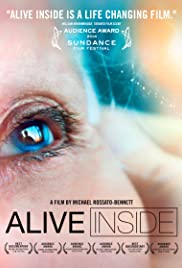
You May Also Like

When COVID-19 struck, the Federal Reserve stepped in to try to avert economic crisis. As the country’s central bank continues to pump billions of dollars into the financial system daily, who is benefiting and at what cost?

Not Available right now

Nicholas Vreeland walked away from a worldly life of privilege to become a Tibetan Buddhist monk. Grandson of legendary Vogue editor, Diana Vreeland, and trained by Irving Penn to become a photographer, Nicholas’ life changed drastically upon meeting a Tibetan master, one of the teachers of the Dalai Lama. Soon thereafter, he gave up his glamorous life to live in a monastery in India, where he studied Buddhism for fourteen years. In an ironic twist of fate, Nicholas went back to photography to help his fellow monks rebuild their monastery. Recently, the Dalai Lama appointed Nicholas as Abbot of the monastery, making him the first Westerner in Tibetan Buddhist history, to attain such a highly regarded position.

The 90th Annual Academy Awards ceremony, hosted by Jimmy Kimmel, celebrates the film industry’s biggest achievements for the year 2017.

Considered the industry’s highest honor, the AVN Awards celebrates outstanding achievements in the world of adult entertainment in categories that recognize performers, directors, retailers, websites and more. Featuring rap sensation Flo Rida, adult superstars Riley Reid and Aspen Rae, with comedian co-host Colin Kane.

Not Available right now

In this award-winning documentary, the first time directors take a detailed looks at the apartheid analogy commonly used to describe the Israeli-Palestinian conflict. Narrated by Alice Walker (author of The Color Purple), Roadmap to Apartheid is as much a historical document of the rise and fall of apartheid in South Africa, as it is a film about why many Palestinians feel they are living in an apartheid system today, and why an increasing number of people around the world agree with them. While not perfect, the apartheid analogy is a useful framework by which to educate people on the complex issues facing Israelis and Palestinians.

A deep dive into the 1980’s war on drugs that led directly to the three-strikes laws that locked up even petty offenders for lifetime sentences.

Five million Americans suffer from Alzheimer’s disease and dementia—many of them alone in nursing homes. A man with a simple idea discovers that songs embedded deep in memory can ease pain and awaken these fading minds. Joy and life are resuscitated, and our cultural fears over aging are confronted.

The current educational system in the United States was developed a century ago during the rise of the industrial age and was once the envy of the world. However, the world economy has since transformed profoundly, but the US education system has not. Schools are attempting to teach and test skills, when mastered, that still leave graduates woefully unprepared for the 21st Century. After presenting this problem, the documentary focuses on the story of a school in San Diego that is completely rethinking what the experience of going to school looks like. As we follow students, parents and teachers through a truly unorthodox school experience, the audience is forced to consider what sort of educational environment is most likely to succeed in the 21st century?

Not Available right now